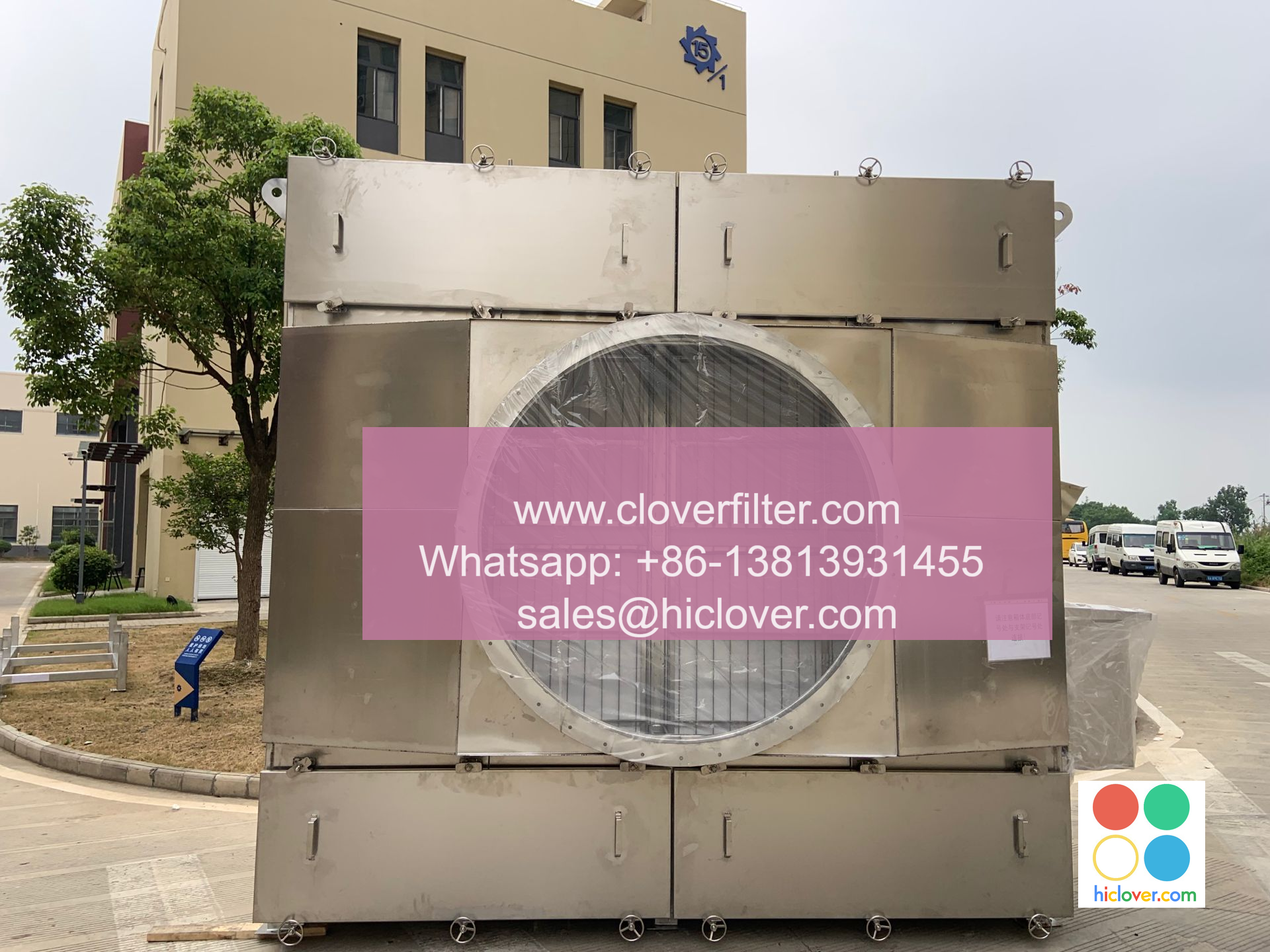The Importance of Air Filter Production in Modern Living

The Importance of Air Filter Production in Modern Living
Air Quality: A Growing Concern
In today’s fast-paced world, air quality has become a pressing concern for individuals, businesses, and governments alike. With the increasing awareness of the negative impacts of air pollution on our health, the environment, and the economy, the demand for high-quality air filters has skyrocketed. In this article, we will explore the importance of air filter production in modern living and highlight various application areas where air filters play a crucial role.
What are Air Filters?
Air filters are designed to remove pollutants, allergens, and contaminants from the air we breathe. They work by capturing particles as small as 0.3 microns, including dust, pollen, pet dander, and even bacteria and viruses. Air filters are used in a wide range of applications, from residential and commercial buildings to industrial and automotive settings.
The Importance of Air Filter Production
Air filter production is crucial in modern living for several reasons:
- Improved Indoor Air Quality: Air filters help remove pollutants and allergens from the air, improving indoor air quality and reducing the risk of respiratory problems and other health issues.
- Reduced Energy Consumption: By removing pollutants and allergens, air filters can help reduce energy consumption by improving the efficiency of heating and cooling systems.
- Extended Equipment Life: Air filters can help extend the life of equipment and machinery by preventing damage caused by dust and debris.
- Cost Savings: Air filters can help reduce maintenance costs by reducing the need for frequent cleaning and replacement of equipment.
Application Areas
Air filters are used in a wide range of application areas, including:
- Residential Buildings: Air filters are used in residential buildings to improve indoor air quality, reduce energy consumption, and extend the life of equipment.
- Commercial Buildings: Air filters are used in commercial buildings to improve indoor air quality, reduce energy consumption, and improve the overall comfort and productivity of occupants.
- Industrial Settings: Air filters are used in industrial settings to remove pollutants and contaminants from the air, improve equipment efficiency, and reduce maintenance costs.
- Automotive: Air filters are used in vehicles to improve air quality, reduce energy consumption, and improve the overall performance of the vehicle.
- Healthcare: Air filters are used in healthcare settings to improve indoor air quality, reduce the risk of respiratory problems, and prevent the spread of airborne diseases.
Conclusion
In conclusion, air filter production is a critical component of modern living. By improving indoor air quality, reducing energy consumption, extending equipment life, and providing cost savings, air filters play a vital role in various application areas. As the demand for high-quality air filters continues to grow, it is essential that manufacturers prioritize the production of air filters that meet the highest standards of quality and performance.
I’m here! What would you like to talk about or ask?

